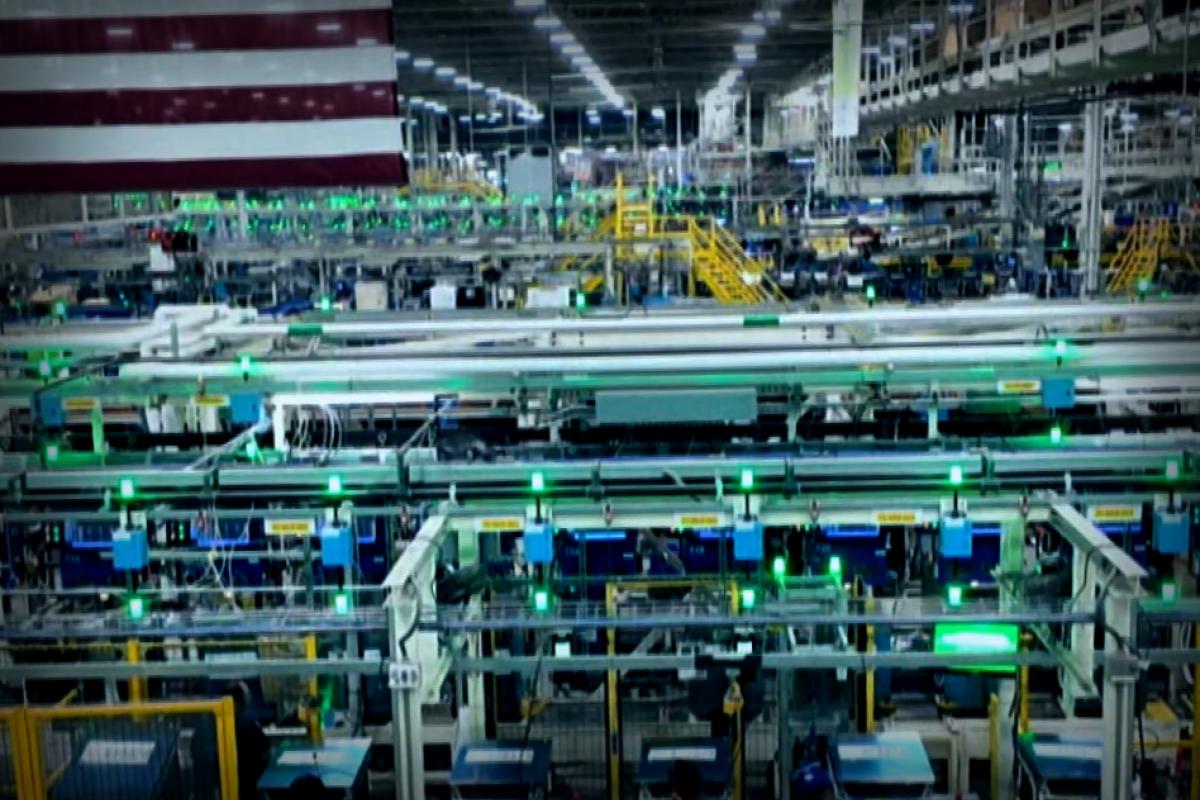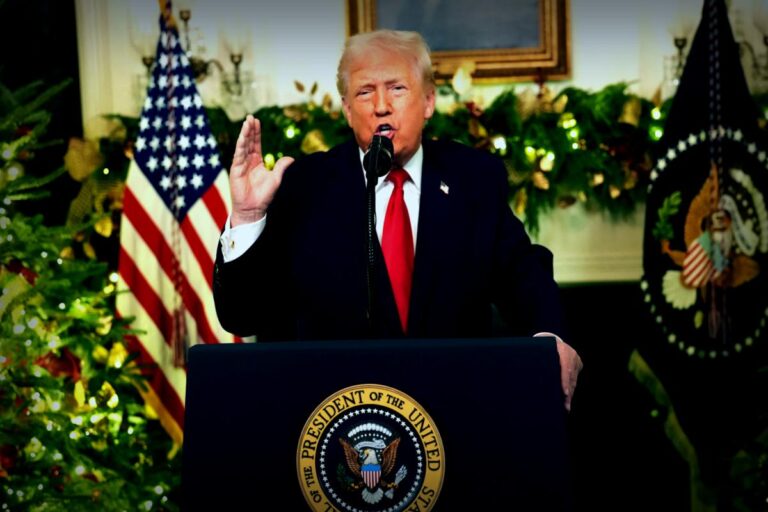At a GE Appliances factory in Louisville, Kentucky, around 5,000 employees are busy creating daily kitchen essentials, including a staggering 2 million dishwashers each year, as reported by the company.
Bill Good, the factory’s vice president, shared with CBS News that “Every 15 seconds, we see a dishwasher flying off the line.” But things took a turn when nearly 150 workers, mainly Cuban immigrants, received layoff notices back in May, following an unexpected policy shift from the Trump administration that impacted their legal immigration status.
The CHNV parole program, which was designed to provide temporary protection for about 532,000 Cubans, Nicaraguans, Haitians, and Venezuelans from deportation, is now at risk. In March, Homeland Security Secretary Kristi Noem announced plans to end this program. While a lower court intervened momentarily, the Supreme Court permitted the cancellation to move forward in May, as the legal battle continues to unfold.
In June, the Department of Homeland Security began sending out emails to individuals in the U.S. under the CHNV program, informing them that their residency permissions had been revoked. Those who hadn’t managed to secure other lawful statuses, like Temporary Protected Status, were instructed to vacate the country.
“We still lack a full workforce and are training new staff daily,” commented Nathaniel Schultz from GE Appliances. His colleague, Jaelin Carpenter, mentioned that overtime became the norm from then until the year’s end.
Carpenter expressed how the situation creates even more tension among the remaining workforce, a sentiment echoed by Schultz.
When asked if immigrant workers were taking jobs from American citizens, Schultz, Carpenter, and another employee, Oliver Smith, stood firmly against that notion. “They applied just like everyone else,” Smith noted, while Carpenter insisted that fringe benefits won’t be easy to fill.
Schultz affirmed, “These individuals are a crucial part of what keeps American manufacturing running.” Currently, about 200 immigrant workers are still employed at the plant, but many worry that their legal status could change with any new policy shift.
For these remaining employees, the anxiety about potential revocation of Temporary Protected Status looms large, especially as several statuses are set to expire soon. “It’s tough to foresee what’s next,” Good admitted.



















